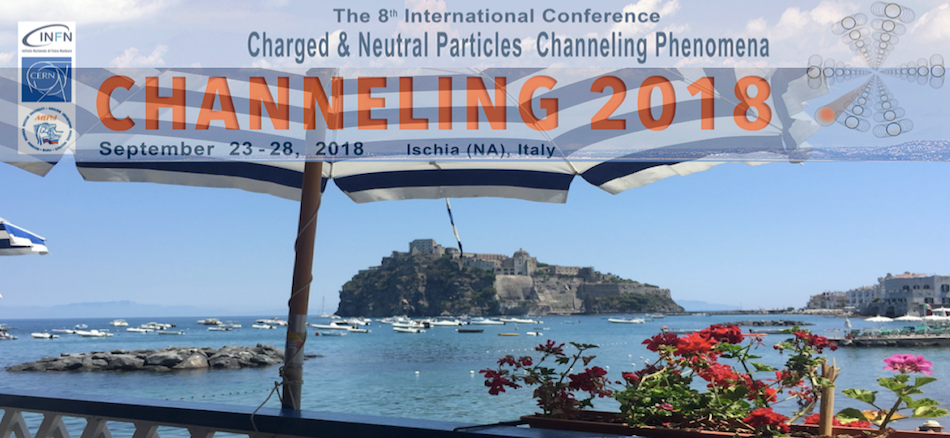Speaker
Mr
Alexey Pronikov
(National Research Nuclear University MEPhI)
Description
It is very important task to define the tolerances necessary for correct operation of electron linac. The detuning of linac main parameters as frequency, RF-field amplitude and phase can sufficiently influence to the beam parameters. It is highly sufficient for linacs with high brightness beams which are necessary for light sources and colliders. It is also sufficient for industrial linacs. Results of the numerical simulation of a linac electrodynamics parameters are presented in this paper. A section consists of regular and bunching parts. The influence of one cell detuning to electrodynamics parameters of the whole section was studied.
The standing wave biperiodic accelerating structures (BAS) with coupling windows are one of the popular structures for research and industrial electron linacs. Such structures are used in the new industrial 10 MeV/ 20 kW accelerators developed by the joint team of NRNU MEPhI (Moscow) and Corad Ltd. (St. Petersburg) [1-3]. Optimized omega – shape accelerating cells provide the maximum RF-field on the structure axis and high shunt impedance are used in these linacs. New linac has high electrical efficiency, narrow beam energy spectrum within energy range of 5-10 MeV. The high coupling coefficient was obtained also to achieve the maximal efficiency of RF-pulse power usage. The gentle buncher was used to provide high capturing coefficient and narrow energy spectrum in wide energy band.
The high-quality manufacturing of the buncher cells and its frequency tuning is one of the main problems for BAS. Investigation of the influence of one cell frequency detuning on the electrodynamics parameters of the whole structure is very sufficient for e-linac R&D. Results of such influence simulations effect on the whole structure frequency and RF-field amplitude distribution will be presented.
Primary authors
Mr
Alexey Pronikov
(National Research Nuclear University MEPhI)
Dr
Sergey Polozov
(NRNU MEPhI)

